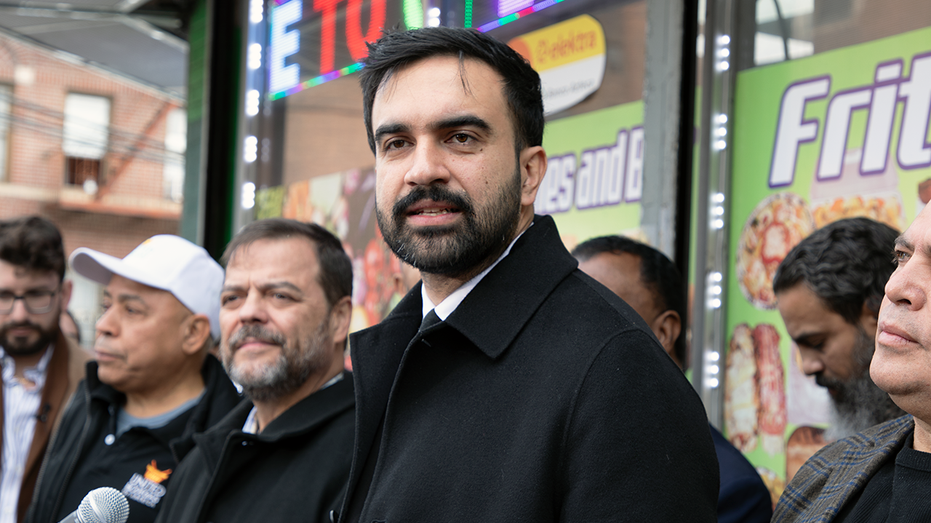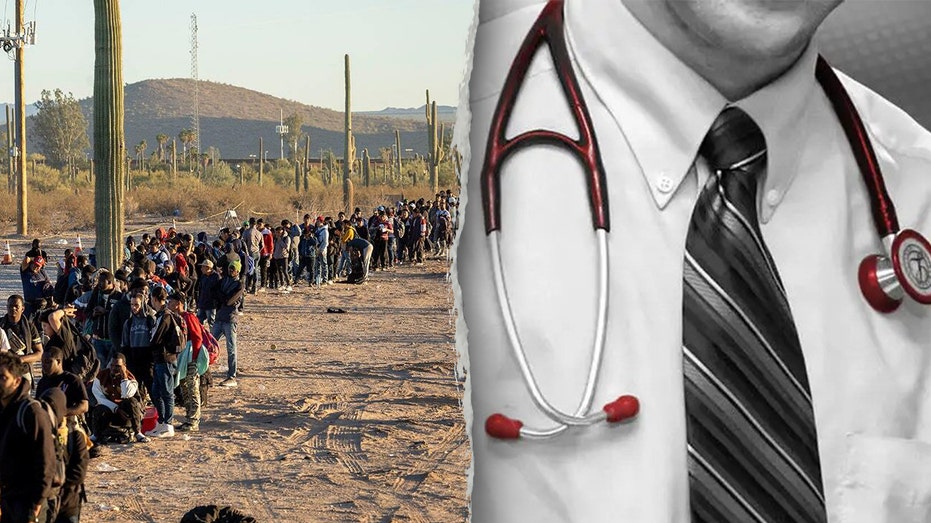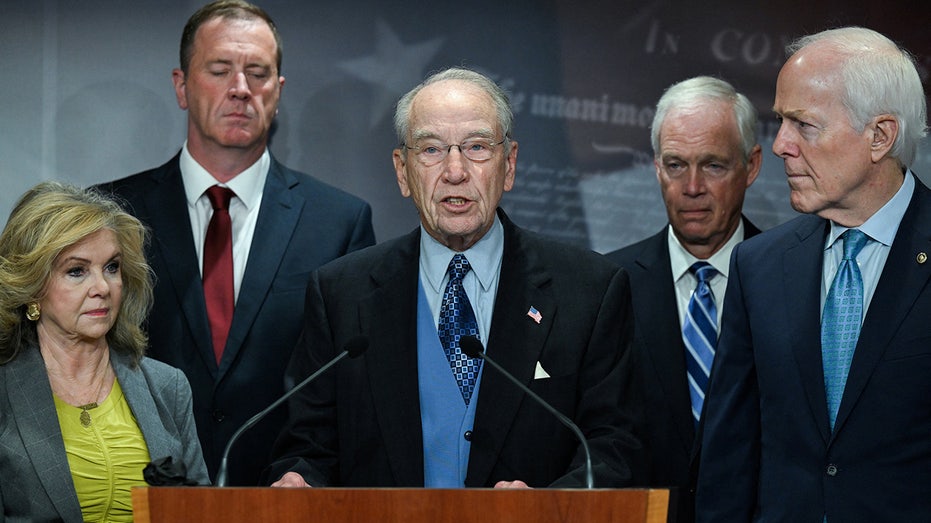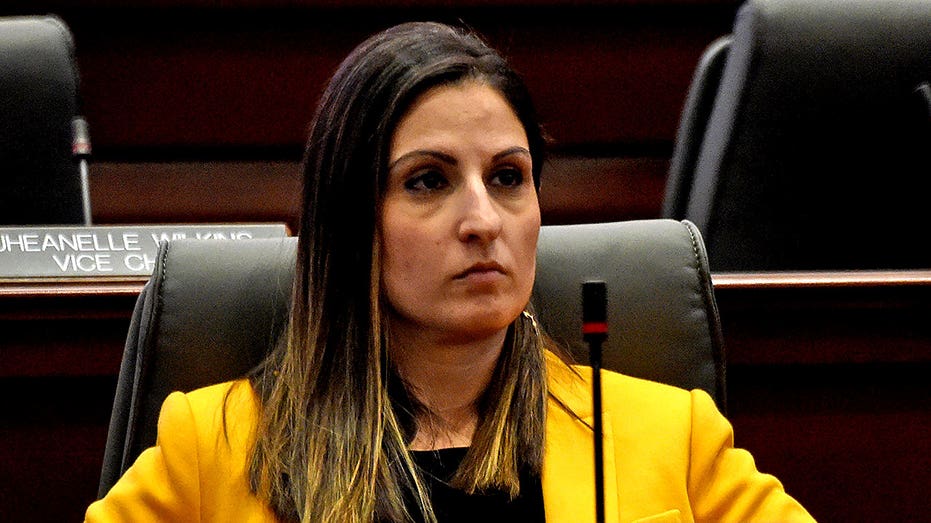With Election Day looming in New York City, a fiery video from July is igniting debate. It features mayoral nominee Zohran Mamdani passionately calling for an end to New York’s financial support of what he terms “settler crimes.” The footage captures a moment of intense energy at a Manhattan rally, a direct challenge to the status quo.
In the video, Mamdani implores a crowd gathered in Herald Square to demand action from their representatives. He champions a state assembly bill aimed at preventing non-profit organizations from providing unauthorized support to Israeli settlement activity. His words, delivered with conviction, resonate with a core belief: public funds should not contribute to actions he deems unjust.
The resurfaced video has drawn sharp criticism, particularly from within the Jewish community. Over 650 rabbis nationwide have signed a statement expressing concern over what they perceive as anti-Israel stances, arguing that Jewish Americans cannot remain silent in the face of discrimination. The debate centers on the interpretation of his views and their potential impact on the safety and security of Jewish New Yorkers.
Former Governor Andrew Cuomo and Republican nominee Curtis Sliwa have echoed these concerns, repeatedly questioning Mamdani’s commitment to protecting the Jewish community. They point to his past reluctance to condemn the phrase “globalize the intifada,” a position he now says he actively discourages. The stakes are high, with opponents suggesting his leadership could leave Jewish New Yorkers vulnerable.
If elected, Mamdani would make history as New York City’s first Muslim mayor. However, his path to victory is complicated by the increasingly prominent role of religion in the race. Many Jewish voters have expressed reservations about his positions on Israel, including his description of the conflict in Gaza as a “genocide” and his refusal to recognize Israel as a Jewish state.
Mamdani consistently argues that he would not endorse the legitimacy of any nation built on a system of racial or religious hierarchy. He frames his stance as a matter of principle, a commitment to universal rights that extends to Palestinians. This unwavering position has become a defining characteristic of his campaign.
During a recent mayoral debate, Mamdani addressed his “long-standing” views on Israel, reaffirming his dedication to protecting Jewish New Yorkers. He spoke of growing up in a political landscape where Palestinian concerns were often marginalized, where “progressive except Palestine” was a common refrain. He vowed to break that pattern of inconsistency.
He recounted being told to silence his views on Palestine if he wanted to succeed in politics, a suggestion he vehemently rejected. Mamdani insists on speaking openly about justice for all, whether in Astoria or Palestine, refusing to compromise his principles for political expediency. His commitment to this message is unwavering.
Mamdani’s advocacy for the pro-Palestinian movement dates back to his college years, where he founded the Students for Justice in Palestine chapter at Bowdoin College. This early activism laid the foundation for his current political stance, demonstrating a long-held dedication to the cause.
In the July video, confronted by a heckler accusing him of contributing to the problem, Mamdani skillfully turned the moment into a rallying cry. He led the crowd in chanting “Not on our dime!” – a powerful expression of his demand for accountability and an end to perceived complicity.
He argued that New York’s involvement in supporting settlement activity represents a betrayal of its stated values. He believes organizations masquerading as charities are enabling injustice, and he calls for an end to this “complicity.” His proposed bill aims to restrict financial support to these organizations.
Mamdani passionately questioned why exceptions are made when it comes to Palestine, asking, “Who is ready to make the exception?” He insists that if New York State truly stands for justice, there can be no room for hypocrisy, no tolerance for subsidizing actions that contradict its principles.
The timing of the video’s resurgence coincides with heightened tensions following the recent attacks on Israel and the subsequent war in Gaza. Pro-Palestinian protests have erupted across the U.S., with New York City, particularly Columbia University, becoming a focal point for demonstrations and debate.
Mamdani expressed confidence in his vision, believing that each day of advocacy brings his goal closer to realization. He sees his campaign as the beginning of a larger battle, a fight for consistency and justice, and a challenge to the status quo.






